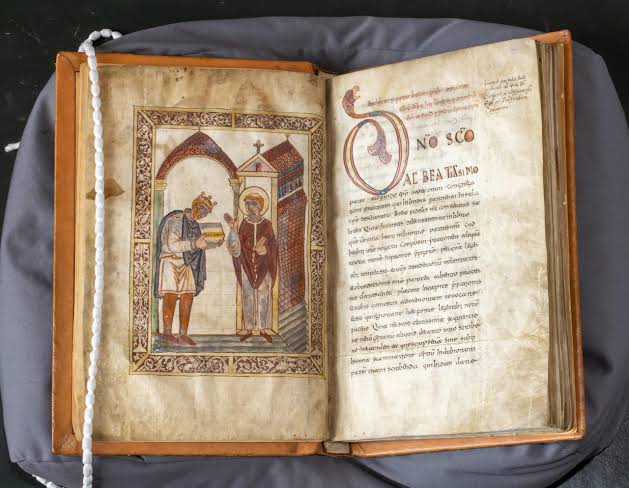A new biography of Æthelstan, recently published to mark the 1,100th anniversary of his coronation in 925AD, reaffirms his claim as the first king of England and sheds light on why his achievements remain underappreciated. The book’s author, Professor David Woodman, argues that Æthelstan’s unification of England in 927AD deserves far greater recognition.
While events such as the Battle of Hastings in 1066 and the signing of Magna Carta in 1215 are household knowledge, the pivotal years of 925 and 927AD are far less remembered. Woodman, a University of Cambridge historian and author of The First King of England, is determined to change this. Together with other scholars, he is advocating for a lasting memorial to a ruler he considers unjustly forgotten.
“As we approach the anniversaries of Æthelstan’s coronation in 925 and the birth of England itself in 927, I would like his name to become much better known. He really deserves that,” says Woodman, a Professor at Robinson College and Cambridge’s Faculty of History.
Why his legacy faded
Why is Æthelstan not more widely remembered? According to Woodman’s new book, released by Princeton University Press, the answer lies in the absence of effective publicity. “Æthelstan didn’t have a biographer writing up his story,” Woodman explains. “His grandfather, Alfred the Great, had the Welsh cleric Asser to praise his deeds. And within a few decades of Æthelstan’s death, propaganda campaigns elevated King Edgar’s reputation for reforming the church. That completely eclipsed Æthelstan’s earlier efforts to revive learning and strengthen religious life.”
In more recent centuries, many historians have also downplayed Æthelstan’s claim to be England’s first king, pointing to the kingdom’s fragmentation after his death in 939AD. Instead, attention has often shifted toward Edgar. Woodman strongly disputes this view.







